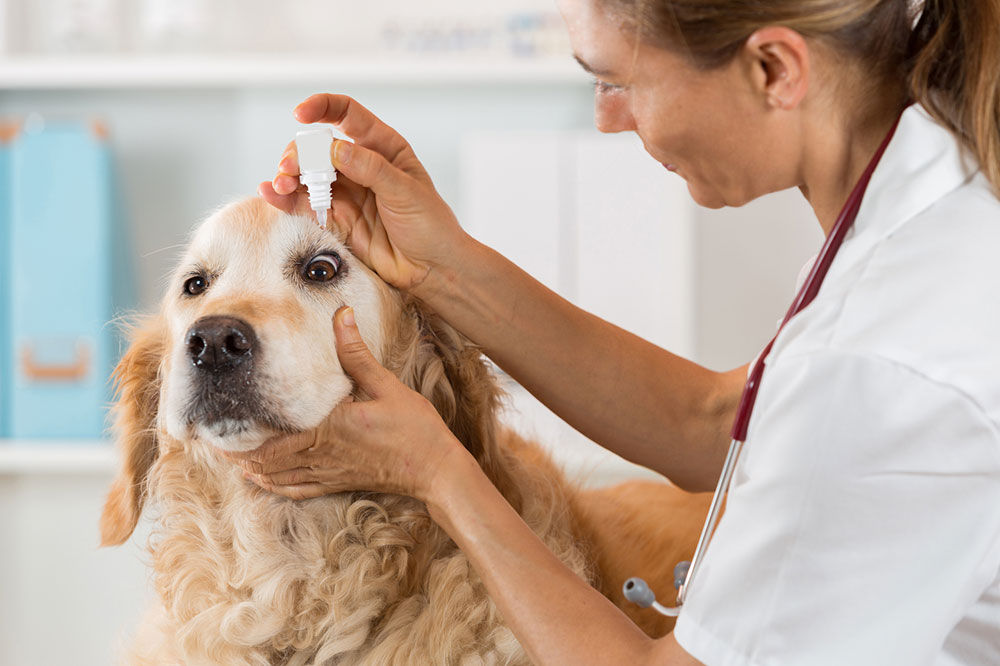Identifying Common Food Allergens in Cats and Dogs
Learn to identify common food allergens in cats and dogs, including beef, corn, dairy, eggs, and artificial dyes. Recognizing symptoms like itching, digestive issues, and skin irritation can help pet owners make informed dietary choices. Homemade meals and vet consultations are effective strategies for managing food allergies, ensuring your pet's health and happiness.
Understanding Food Allergies in Pets
Common foods that trigger allergic reactions in cats and dogs
Does your pet frequently sneeze, scratch excessively, or lick its paws? These behaviors might indicate a food allergy. Both cats and dogs can develop sensitivities to certain ingredients, just like humans. Unlike environmental allergies, food allergies are harder to diagnose because pets eat a variety of foods with multiple ingredients. Recognizing symptoms early is crucial for effective treatment and management.

Watch for these signs:
Constant scratching
Sneezing, coughing, or wheezing
Diarrhea
Vomiting
Foot licking or chewing
Coarse or dull coat
Hair loss
Ear infections
Oily or flaky skin
Red or irritated eyes
Since reactions vary, each pet may respond differently to specific ingredients, with immune responses causing the symptoms listed above.
Common dietary allergens include:
Beef — A nutrient-rich base in many pet foods, beef can cause allergies in some animals. To prevent developing sensitivities, rotate proteins weekly.
Corn — Often used as cost-effective filler, corn can trigger itchiness and skin issues. Its carbohydrate content can also lead to obesity and diabetes in cats.
Dairy — Many pets are lactose intolerant, resulting in digestive upset. Allergies might also cause skin issues, distinguishing intolerance from allergy.
Eggs — Egg proteins can provoke immune responses. Checking ingredient lists helps avoid accidental exposure.
Artificial dyes — Some brands add colorants that lack nutritional value and may cause skin irritation, fur loss, or inflammation.
Preparing homemade meals with natural ingredients can reduce allergy risks. Additionally, select pet foods with transparent labels, free from fillers and artificial additives. Consult a veterinarian for specific allergic reactions and dietary advice.
Note:
Our website offers a wide range of informational content across various topics. While we strive to provide accurate insights based on research, readers should consider this information as general guidance. For personalized advice, always consult a veterinary professional. We disclaim responsibility for data discrepancies or missing offers across platforms.









